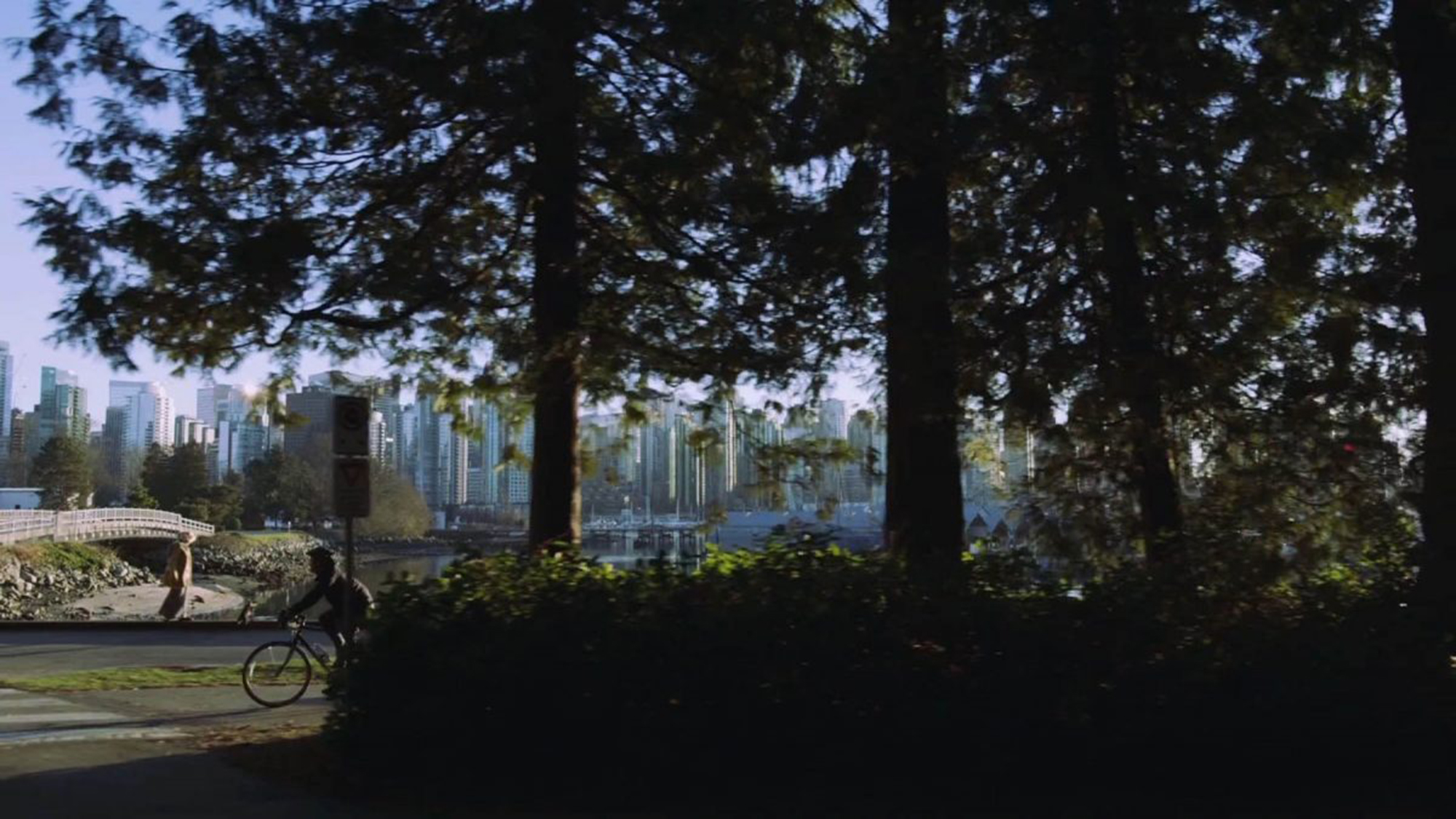Rethinking how we talk about waste prevention
Our recent webinar on ‘Building a Waste-wise Society: Effective ways to communicate waste prevention to the public’, featuring valuable insights from a panel of experts, looked at how public attitudes towards waste are changing. There is a growing movement to rethink how we deal with waste, and it goes way beyond the bin.
We’ve all heard it a million times: reduce, reuse, recycle. It’s the golden rule of waste management, a mantra etched into our minds. There is a reason why the 3 Rs are put in that order. In real life, mention the three Rs and the first thing people would think about is recycling. But a brand-new guide sheds light on a surprising truth – recycling, while a very important part of the process and should not be discouraged, is the third best option in the fight against waste.
Launched in February 2024, ‘A Guide to Improving Public Understanding of Waste Prevention’ is designed to equip local authorities, those working in the waste sector, behavioural change practitioners, policymakers, among others, with practical, evidence-based tips on effective waste communication.
The project is led by UK-based independent environmental charity Keep Britain Tidy, in collaboration with Chartered Institution of Wastes Management (CIWM), Greater Manchester Combined Authority, SUEZ recycling and recovery UK, and with support from players of People’s Postcode Lottery.
Recent research by Keep Britain Tidy revealed some interesting insights. In terms of public interest in waste prevention, 71% of people want more information on how to reduce waste through buying less. This suggests a growing public appetite for waste prevention strategies beyond just recycling. In fact, they want “less advertising asking them to buy things”.
People are ready for – and need – repetitive messages from various sources, including government, charities, and brands. The research showed that 22% of people say that if they’re not hearing waste prevention messages from a variety of sources, it can’t be that important.
Another important finding that came out is that many people don’t understand the 3 Rs and are often confused by them. Only four out of 10 people correctly ordered them and three in 10 people think they all mean the same.
Beyond recycling: reframing the conversation
Our panel of experts agree that it’s time to move beyond focusing solely on recycling. One guest even commented that using statements like ‘Recycling is good, but we can do better’ accompanied by clear images are beneficial in changing people’s mindsets.
Language matters as illustrated by the following key points that came up during the discussion:
- Bin the jargon. Avoid confusing jargons like ‘waste hierarchy’ and ‘waste reduction’ and use positive action words like mend, rehome, share, donate, pre-loved, repair, borrow, rethink. Use everyday language that people can understand.
- Know your ‘why’. Highlight the ‘why’ and tell people the environmental impact of their choices and why their individual efforts make a difference.
- High fives for less waste. Celebrate the efforts people are already making and inspire them to take further action.
- Daily habits. People need practical guidance on the steps they can take in their daily lives to reduce waste.
- In plain sight. Visuals are a great way of getting the message across. Images and symbols can make complex information more accessible.
The power of collaboration
All activities surrounding the three Rs are part of a larger system and changing this system requires collective effort. Here’s how different stakeholders can contribute:
- Business: Explore circular economy models that prioritise product longevity and repair.
- Government: Implement policies that support sustainable practices and infrastructure. For instance, local authorities can support community initiatives like repair cafes and promote local reuse networks.
- Consumers: Challenge your own consumption habits. Can you buy less? Borrow more? Support sustainable businesses, mend and reuse items, and advocate for change within your communities.
Like any noble endeavour, challenges abound and one of them is how people can do these changes in the easiest, most connected way. As one guest panellist said, “How do we make it convenient rather than buying from popular online shops?”.
Fortunately, companies like SUEZ recycling and recovery UK have been at the forefront for a long time now in terms of giving practical information and action steps on waste prevention. Reports like The Stuff of Life, Solutions for Stuff, Reuse – Seizing the Opportunity and The Repair Revolution, to name a few.
The good news is, according to the research, 58% of people now realise there are better ways to reduce waste, with 36% saying they are going to make changes to what they buy, use, and throw away. A whopping 73% say they could do what they are being asked to do when it comes to waste prevention and 51% declare this motivates them to protect the planet.
It’s time to get involved! Every action counts. What can you do to be part of this movement? First, you can download the free guide to get top tips on effective waste prevention communication. Spread the word by talking to your friends and family about waste prevention. Finally, challenge yourself and set personal goals to consume less and embrace a more mindful approach to ‘stuff’.
As always, thank you to Dr Adam Read for facilitating the webinar and our appreciation for our expert panellists: Dr Anna Scott, Director of Services, Keep Britain Tidy; Jen Gale, Founder, Sustainable(ish), and Sarah Ottaway, sustainability and Social Value Lead, SUEZ recycling and recovery UK.
If you missed the live webinar session, you can watch it on-demand here.
